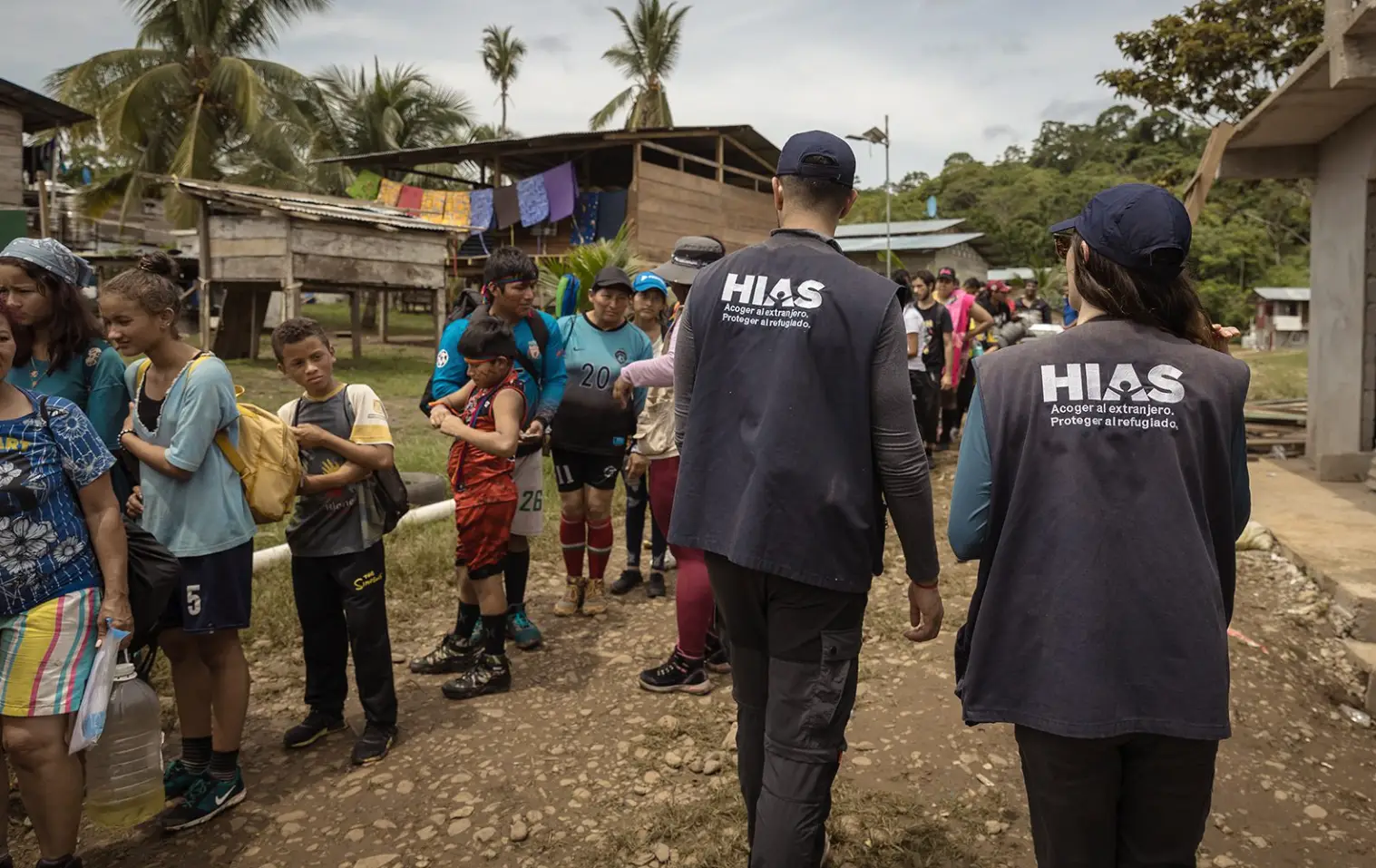Each year this day arrives, we find fewer reasons to celebrate. World Refugee Day has become a euphemism—not because fewer people are forced to flee, but because fewer and fewer are being recognized as refugees.
While the drivers of forced displacement continue to rise—conflict, widespread violence, social and economic instability, and the impacts of climate change—the legal instruments created to protect these people are being questioned, weakened, or simply ignored. By the end of 2024, the number of forcibly displaced people reached 123.2 million, a 6% increase from 2023. However, only 42.7 million were recognized as refugees. In Latin America and the Caribbean, the past year has seen an increase in asylum applications from countries like Colombia and Venezuela, but also from Haiti, Mexico, and Honduras, along with a rise in internally displaced persons in Ecuador and Haiti.
Worse still, eroding these legal frameworks seems to pay off electorally. The idea of a strong nation-state has resurfaced with force, as a desperate—and profoundly ineffective—response to phenomena that are transnational by nature. Those of us who work in the field of displacement and refuge know that solutions are not unilateral. They require agreements and multilateral efforts, such as the Global Compact on Refugees, the Quito Process, and the Comprehensive Regional Framework for Protection and Durable Solutions.
Fortunately, Latin America and the Caribbean have a pioneering instrument: the Cartagena Declaration, which 40 years ago expanded the definition of “refugee” to include people affected by widespread violence, foreign aggression, internal conflict, massive human rights violations, and other circumstances that seriously disturb public order. This allowed states to protect a larger number of displaced persons in the region. Though not legally binding, it is in effect in 14 countries. In December of last year, Chile adopted the 2024–2034 Action Plan, incorporating key issues such as disaster-related displacement and the impacts of climate change. A monitoring mechanism will soon be launched thanks to the joint efforts of civil society.
This June 20, the slogan of World Refugee Day is “Solidarity with Refugees.” But let’s be clear: solidarity is not enough. The humanitarian system is undergoing an unprecedented crisis, with staff and resource cuts threatening the response to urgent needs. The effects on meeting the most critical needs are devastating. Solidarity with refugees is necessary, but not sufficient. The universalism that once underpinned international human rights law, international humanitarian law, and international refugee law is faltering.
Recent changes in U.S. immigration policy—the suspension of CBP One, increased deportations, and tighter asylum restrictions—have led many to take the Southbound route within the continent. Migration dynamics and the profiles of those on the move have changed, but one cruel constant remains: the absence of effective protection mechanisms.
The protection of refugees cannot be limited to reactive responses. It must be understood as a cross-cutting process: it begins at the borders, is sustained in communities, and is guaranteed through collective will and shared responsibility. No one chooses to become a refugee—but it is in our hands to ensure that solidarity is the starting point, not a consolation prize. If we truly want to protect the rights of displaced people, we must commit—politically, legally, and financially—to ensuring their dignity and their future.
*Machine translation proofread by Janaína da Silva











